Although you might realize that consuming specific foods can increase your heart infection risk, fixing your eating habits is always difficult. Whether you have years of unhealthy eating habits or you completely want to adjust your diet, it is important that you know the kinds of food you need to consume more of.
A balanced diet should contain at least 5 portions of fruit and veg every day. Try to switch the types of fruit and veg you eat.
You can get the fresh, frozen, dried, or tinned, they are all fine. Pure unsweetened fruit juice, pulses, and beans count as well, but they only make up a maximum of one of your five a day, however much you consume in a day.
The Mediterranean diet is reputed to be good for the heart, and can be a source of nutrients for our daily diet: fruits, vegetables, olive oil, and fish occupy a significant spot.
In today’s post, we will be sharing with you the top ten foods that are good for the heart.
1. Fruits rich in antioxidants: blueberry and pomegranate
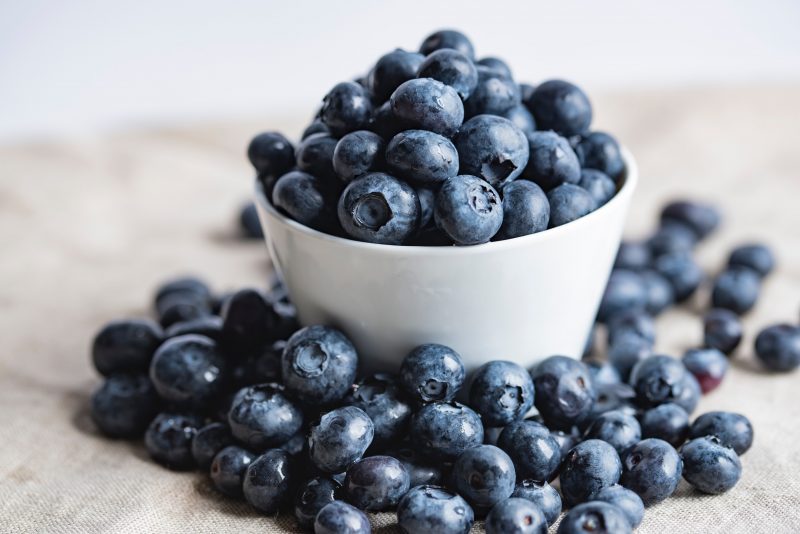
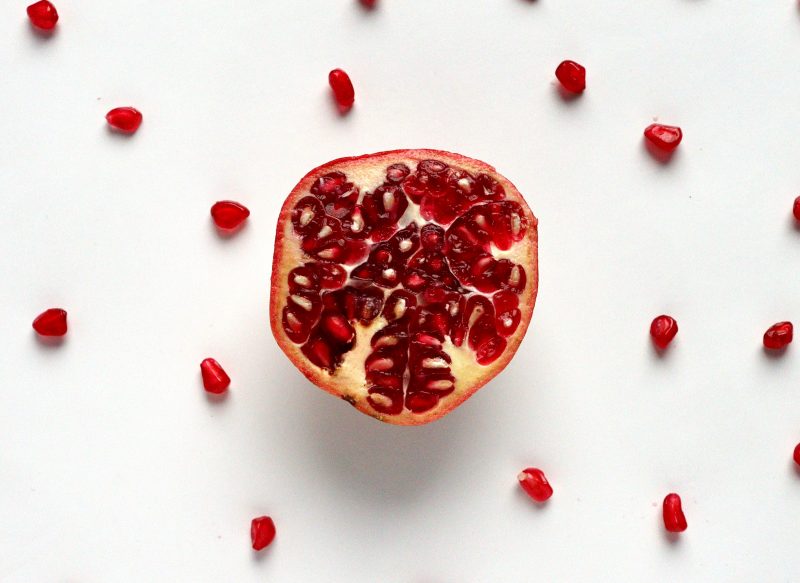
Different studies show that people who eat the most antioxidants have less cardiovascular risk. Many fruits and vegetables are a source of antioxidant molecules. Let us check these two fruits:
The blueberry: in a small clinical trial published in 2013, consumption of flavonoids of blueberries improved vascular function in healthy men. Blueberries, like other fruits (blackberries, strawberries, grapes), contain resveratrol;
Pomegranate: A study on patients with the cardiovascular disease showed benefits associated with pomegranate juice. Pomegranate contains anthocyanins.
2. Oily fish

Oily fish are rich in omega-3 fatty acids, such as salmon, mackerel, anchovies, and sardines.
Studies have shown that men who eat fish every week are less likely to die from cardiovascular disease.
Omega-3 fatty acids, such as docosahexaenoic acids (DHA), eicosapentaenoic (EPA), and alpha-linolenic acid (ALA), are beneficial for cardiovascular health. According to ANSES (National Agency for Food, Environmental and Occupational Health Safety), the consumption of omega-3 fatty acids reduces blood pressure and triglycerides in the blood.
3. Nuts
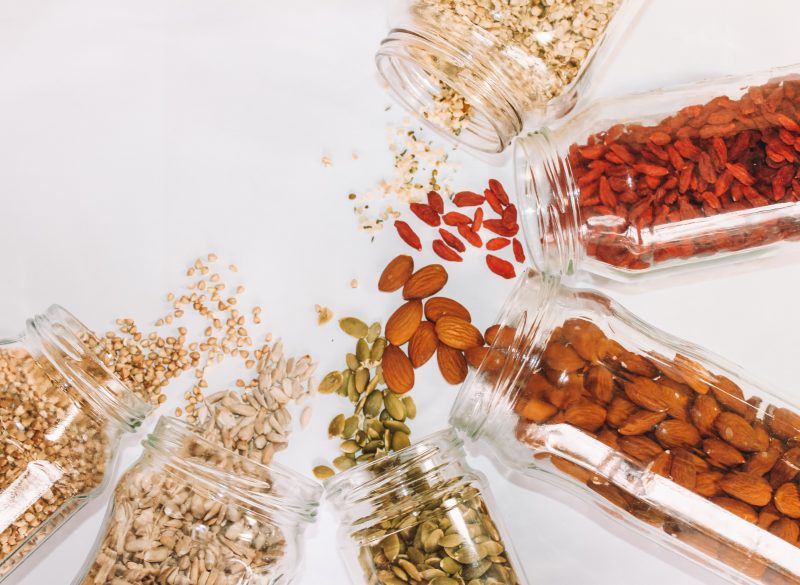
Nuts give energy, soothe hunger, and contain monounsaturated fats, also called the “good fats”. They help reduce cardiovascular risks.
Nuts are also useful for regulating blood sugar. As with any food, it is important to stick to the approved serving quantities.
In 2013, a study of 7,000 Spaniards showed that eating nuts reduced the risk of cardiovascular disease. Like nuts, other nuts contain omega-3: almonds, pistachios, cashews, hazelnuts.
4. Legumes
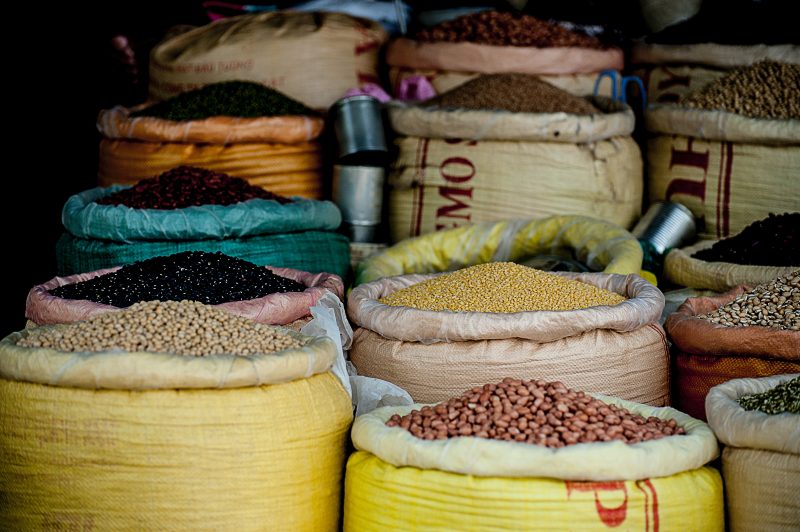
Legumes such as lentils, chickpeas, beans are a good source of protein and plant fibers. In 2001, a study of over 9,600 people showed that those who ate pulses at least four times a week reduced their risk of coronary heart disease by 22% compared to those who ate less than once a week. Legumes also provide potassium, which is important in the fight against high blood pressure.
5. Green leafy vegetables

Green leafy veggies are great sources of fiber and vitamins, very low in calories and carbohydrates: eaten without moderation.
Green Leafy vegetables, such as spinach, cabbage ( broccoli, kale …), contain different molecules that are interesting for cardiovascular health: antioxidants ( carotenoids ), fibers, vitamins, minerals … But vegetables Leafy greens also have the particularity of providing vitamin K, which is important for heart health.
6. Avocados
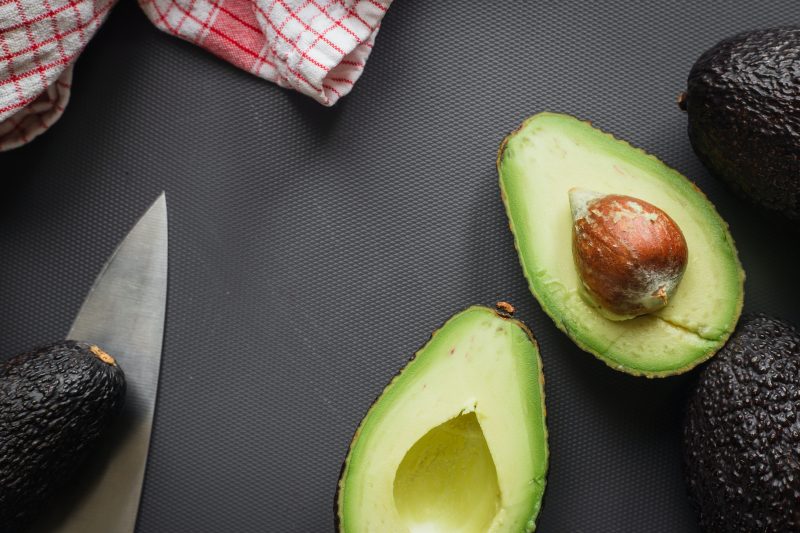
Avocados contain tons of dietary fiber, vitamins, minerals, and antioxidants, which also assist in keeping your heart healthy.
Studies at Pennsylvania State University discovered that consuming an avocado a day as part of a diet rich in healthy fats relatively helped lower LDL (bad cholesterol).
Avocados support cardiovascular health. It is rich in monounsaturated fatty acids, but also in fiber. A small 2015 study of obese or overweight people discovered that eating an avocado per day improved cardiovascular risk factors.
7. Olive oil

Olive oil is the staple fat in the Mediterranean diet. It is rich in monounsaturated fatty acids (oleic acid).
Studies discovered that those who ate more than half a tablespoon of olive oil every day had a 15% lesser risk of having any type of cardiovascular disease and a 21% lesser danger of coronary heart disease.
Another study from 2014 showed that people who consume the most olive oil, monounsaturated fatty acids, and oleic acid reduced their cardiovascular mortality by 12% and their risk of stroke by 17%.
8. Dark chocolate

Cocoa is known to promote the health of arteries. Its strengths are linked to the presence of flavanols, flavonoids, such as epicatechin. Thus, in a 2016 meta-analysis of more than a thousand people, the consumption of cocoa flavanols improved the profile of cardiometabolic markers. To increase your chances of benefiting from the benefits of cocoa, prefer dark chocolates with a cocoa concentration (over 70%) to milk chocolates.
9. Red wine

Red wine, in a reasonable quantity, has always been taken as heart-healthy. The alcohol and specific contents in red wine named antioxidants may assist in preventing coronary artery disease, the disease that leads to heart attacks.
Red wine is part of the food present in the Mediterranean diet. It contains resveratrol, a known cardioprotective molecule.
10. Green tea
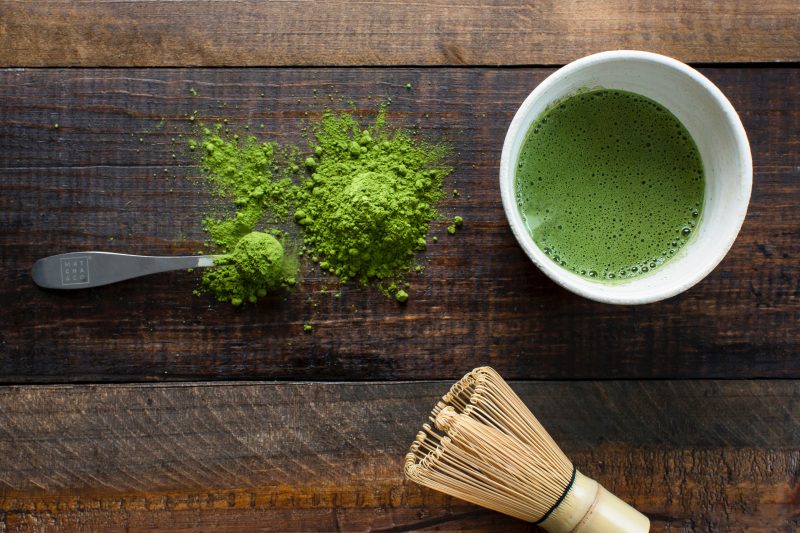
Green tea has the potential to help in reducing your risk of heart infection and stroke. Studies discovered that drinking green tea— 3 or extra times a week can quite enhance your general heart health due to a type of antioxidant.
A 2006 study found that consuming green tea is associated with a reduction in cardiovascular mortality. In women, those who drank more than five cups of green tea per day reduced their risk of cardiovascular death by 31%. The cardioprotective effect of green tea is linked to the presence of epigallocatechin gallate (EGCG), an antioxidant polyphenol.